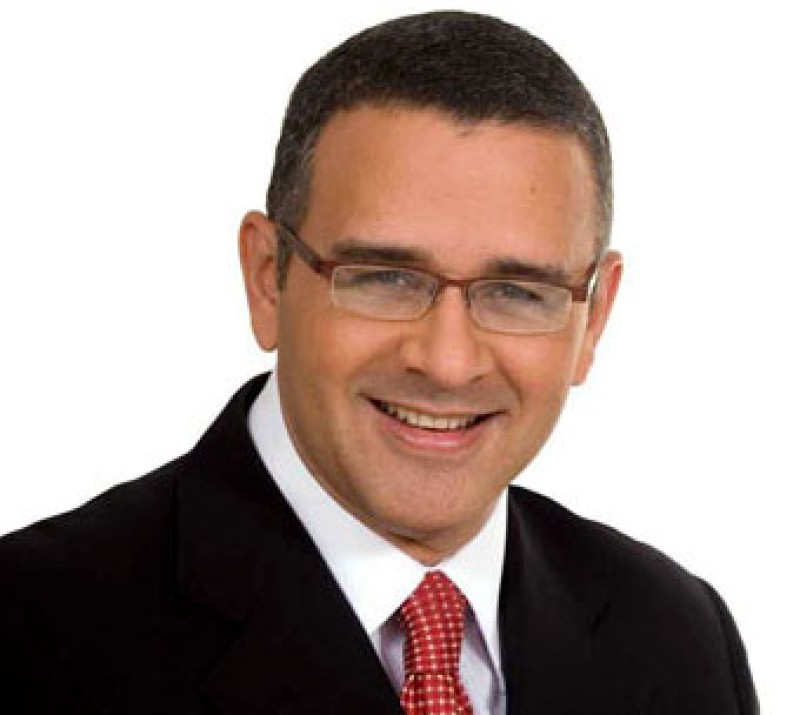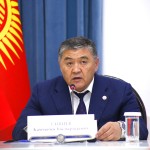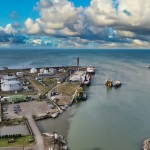Funes is currently a fugitive and remains at large in Nicaragua. However, Payés appeared in court for the ruling on Monday.
Salvadoran prosecutors, as reported by local media, described the conviction as "historic" due to the defendant's status as a former president. Funes had engaged in negotiations with the MS-13 and Barrio 18 gangs.
During his presidency from 2009 to 2014, his administration allegedly granted privileges to these criminal organizations, which prosecutors consider terrorist groups, in exchange for their commitment to reducing violence, particularly the homicide rate. A significant decrease in homicides was recorded in 2012.
Both Funes and Payés were aware of various illegal activities carried out by the gangs, including smuggling prohibited items into correctional facilities, such as cell phones for communication with gang members outside, as well as the transfer of gang leaders to less secure prisons. They were also accused of allowing unauthorized intimate visits and granting access to prisons.
Moreover, the truce reportedly allowed the MS-13 and Barrio 18 gangs to expand their economic and territorial influence. Additionally, Funes' government allegedly sought support from these criminal groups during elections.
Payés claimed to be a political prisoner, stating to local media that he faced baseless accusations. On the other hand, Funes believed that his conviction was illegal, arguing that the prosecution failed to prove the crimes.
However, a director from the country's anti-corruption unit explained that the judge considered the substantial evidence and the history of arrangements between terrorist groups and political parties.
This truce case involving the Funes administration is not an isolated incident.
El Faro, a prominent independent news source in Central America and a partner organization of OCCRP, revealed that representatives from the two major political parties in El Salvador engaged in negotiations with gang leaders in the lead-up to the 2014 elections. These negotiations involved offering benefits to the gangs in exchange for their support in securing votes.
Funes has been residing in Nicaragua since 2016, following investigations into allegations of embezzlement and money laundering. He sought political asylum for himself and his family, which was granted by the Daniel Ortega regime. Later on, Funes obtained Nicaraguan citizenship.



